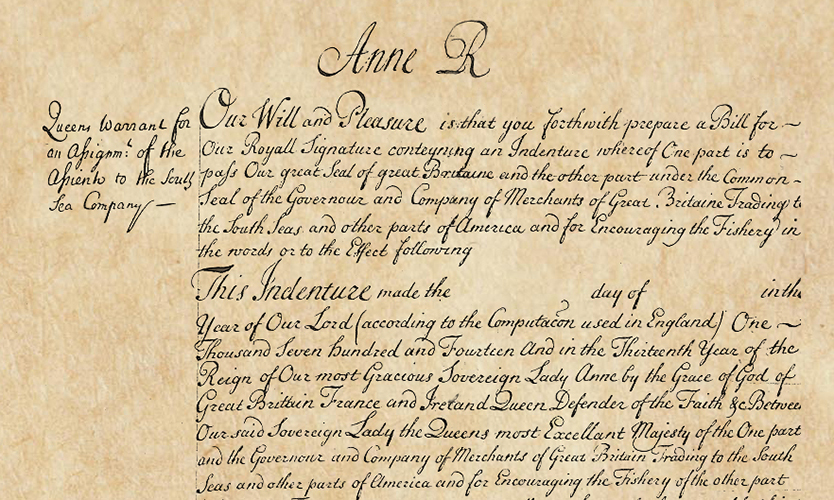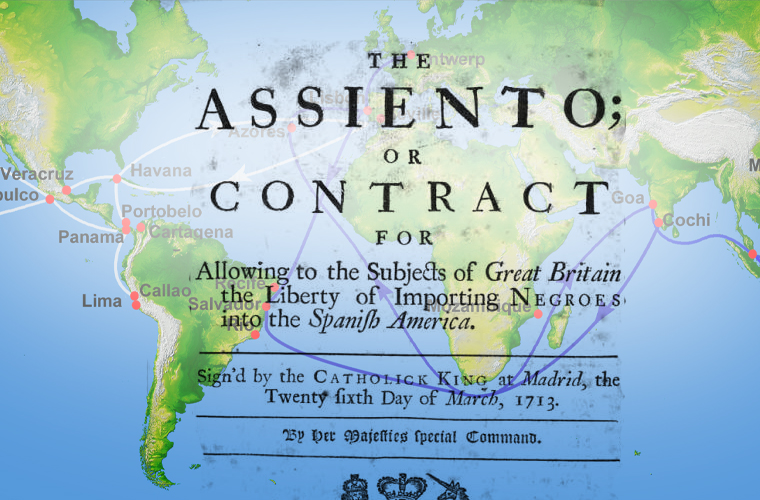The “asiento de negros” refers to a specific type of contract or license that granted exclusive rights to trade and transport African slaves to the Spanish colonies in the Americas. These contracts were issued by the Spanish crown and played a significant role in regulating and controlling the slave trade. The asiento system emerged in the early 16th century as Spain expanded its colonial presence in the Americas. Initially, the Spanish crown granted licenses to individual merchants or companies, allowing them to transport slaves to Spanish colonies. These licenses were known as asientos.
The asiento de negros was a specific type of asiento that referred to the contract for the trade of African slaves. It typically granted exclusive rights to a particular individual or company to transport a specified number of slaves to the Spanish colonies within a specified time period, usually for a set fee or a percentage of the profits. The asiento de negros was a lucrative business for those who held the licenses. They were responsible for organizing slave ships, acquiring slaves from various sources, and ensuring their transportation to the Spanish colonies. The asentistas (holders of the asientos) often subcontracted the actual transportation of slaves to other merchants or slave traders.

The asiento de negros played a significant role in the Spanish slave trade and contributed to the growth of African slavery in the Spanish colonies. These contracts facilitated the large-scale importation of African slaves to meet the labor demands of industries such as agriculture, mining, and plantation-based economies in the Americas. It’s important to note that the asiento de negros was not unique to Spain. Other European powers, such as Portugal, England, and France, also employed similar contractual systems to regulate their involvement in the transatlantic slave trade.
The Spanish crown periodically awarded the asiento de negros to different individuals or companies, often through competitive bidding processes. The terms and conditions of the contracts varied over time, reflecting changing economic and political circumstances. The asiento system continued to evolve until Spain abolished the slave trade in 1817.

